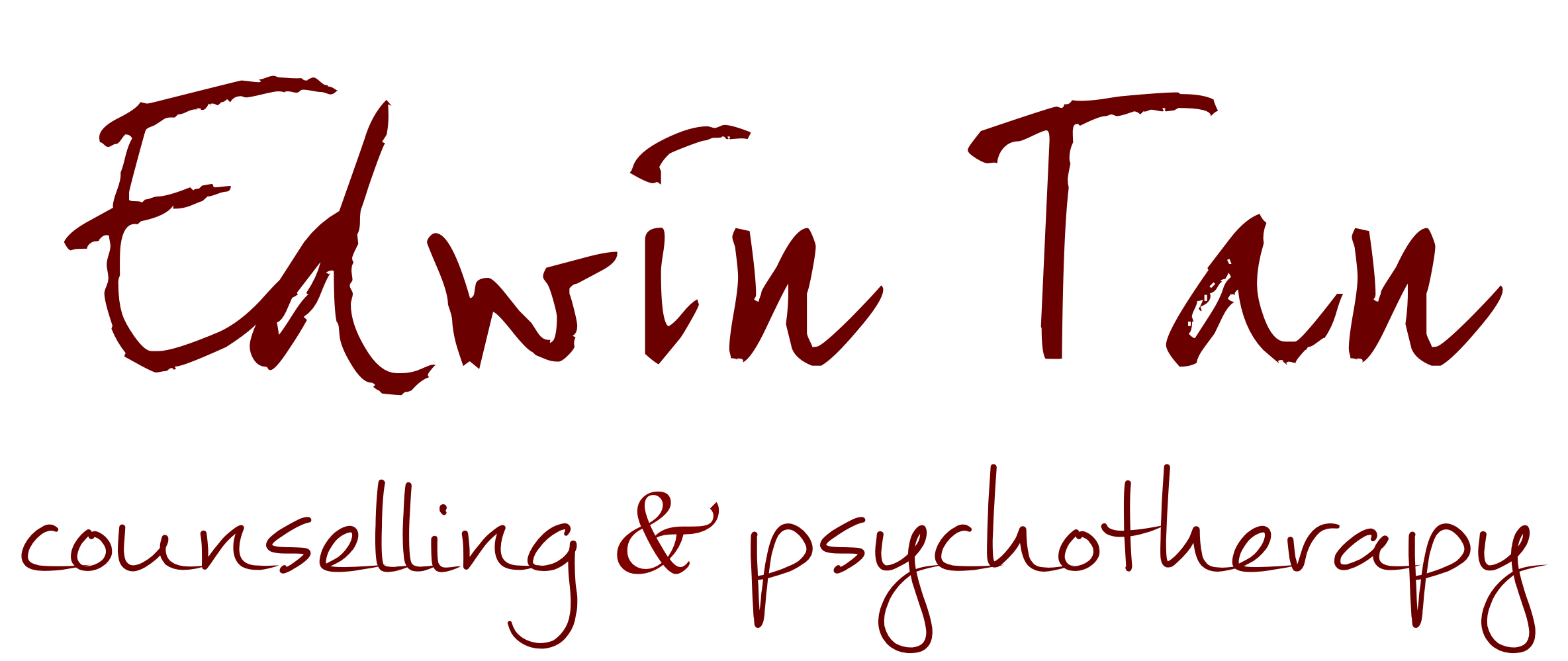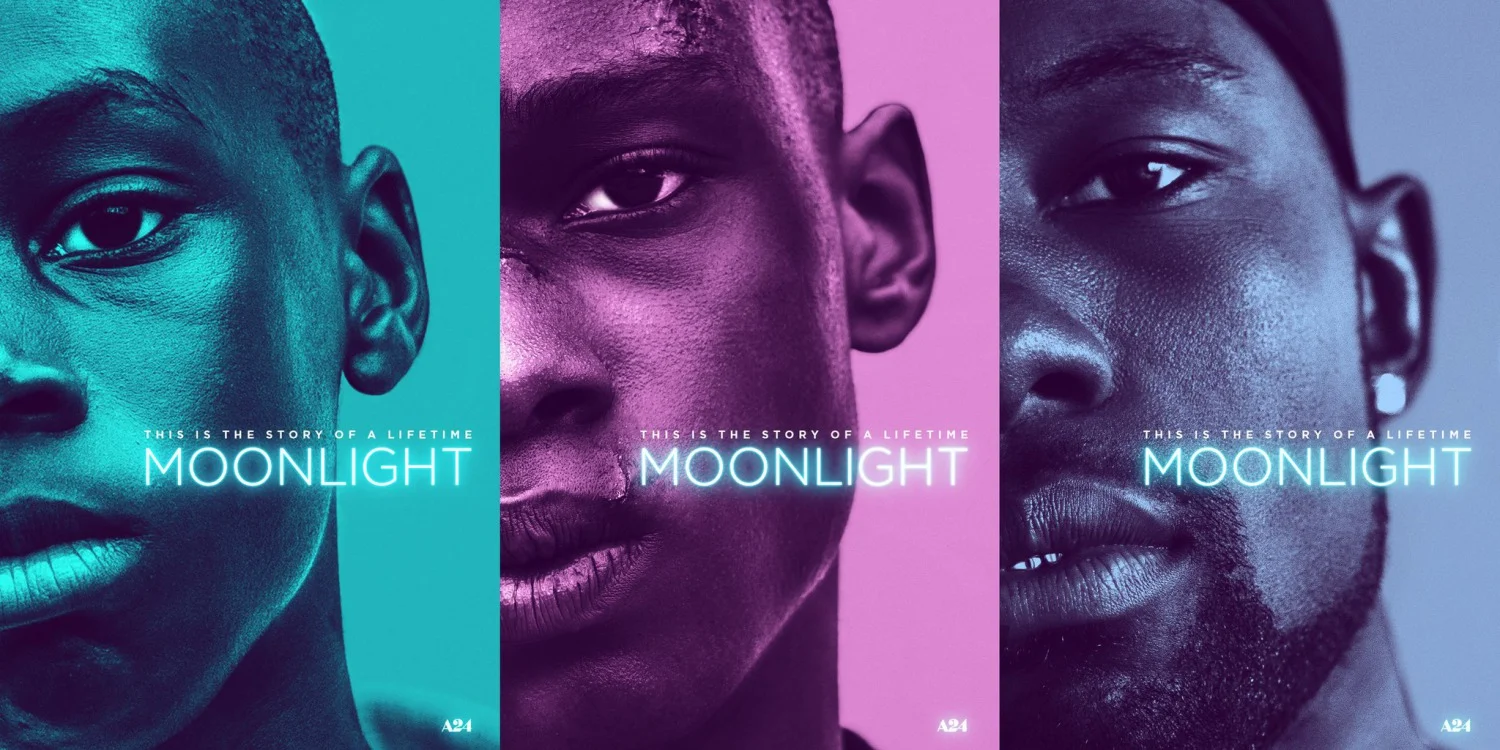Who is you?
“One of the central inquiries of any counselling or psychotherapeutic endeavour is the question of identity – who are you?”
Note: Cover image ©Ana Döring; film posters above ©InSync Plus
The Oscar-winning film, Moonlight, explores this question in-depth via a fragmented narrative that visits a character at three distinct times in his life. When we first meet Chiron, he is a neglected, bullied son of a crack-addicted single mother – a chance encounter with a drug-dealer temporarily provides him with an adult male figure in his life. In his teenage incarnation, Chiron has become even more introverted, the drug-dealer now absent, his mother in freefall as the roles between parent and child are reversed and the young man, who is uncertain about his sexuality, reaches a breaking point in the story’s narrative. Finally, adult Chiron is a tough man in a hard world, now himself a drug-dealer, who receives an unexpected phonecall that brings him back in touch with long-buried, well-hidden and unresolved aspects of himself, with surprising results.
Whatever the merits of the film, its depiction of the quest for self is a moving and well thought-out exploration of the emotional odyssey that underpins all of therapy. One might be struggling with bereavement or relationship difficulties – situational circumstances that bring up questions about who you are in relation to the other, be they deceased or a once-cherished partner. There might be workplace struggles around performance or inter-collegiate conflict with managers or peers – the question of who you are is again crucial in determining how best to understand and explore next steps. And anyone who has faced mental health challenges knows that one’s grasp of a sense of self – not matter how tenuous or difficult – makes all the difference.
In counselling and psychotherapy, working on one’s sense of identity and self is foundational – it affects and informs every aspect of self-exploration and the counsellor acts as a guide on this journey. In Psychosynthesis, the journey is further enhanced by acknowledging our sense of ‘I’ – the innate self that is at the core of each person, that transcends the body, the mind and even the heart. This is why Psychosynthesis is considered a transpersonal psychology, because we look beyond the personal into something larger. If one is religious, ‘I’ can be thought of as a connection with the spiritual; otherwise, ‘I’ also neatly encapsulates what is generally thought of as soul in everyday life.
By asking the questions ‘Who am I?’ or ‘Who are You?’, I work with clients on getting in touch with ‘I’, which is a sense of their individual identity. As ‘Moonlight’ depicts, this is the most important journey anyone can undertake in their lives – it makes the difference between existing and living. Later this year, I will be conducting a series of self-development workshops in London using films to illustrate and enhance the understanding of basic psychological ideas leading to greater self-awareness and insight. One of these workshops will explore ‘I’ and who you might be. I invite you to look out for more details (via my Twitter or Facebook feeds) and consider joining me if you are in London at that time.

